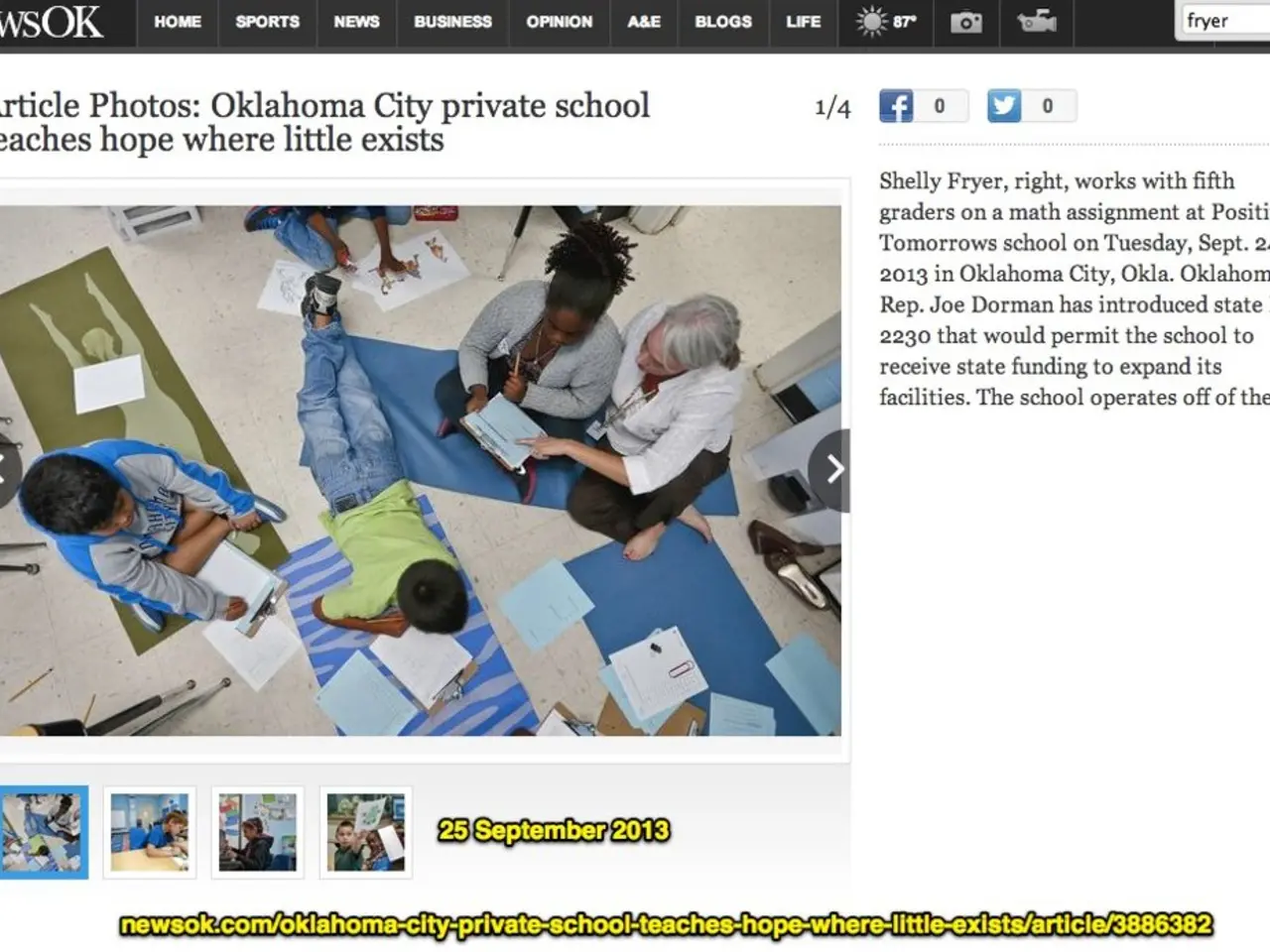TikTok closure in the U.S. enforced: Legislation kicks in a day prior to Trump's inauguration
The popular social media platform TikTok continues to operate in the US, but its future remains uncertain. A pending deadline of September 17, 2025, looms over the app, and if ByteDance, TikTok's parent company, fails to complete a U.S.-approved divestiture, the app will be banned nationwide [1][2].
This regulatory challenge is a reminder of the dynamic nature of the digital landscape, especially for popular social media platforms. The ban on TikTok is a result of the Protecting Americans from Foreign Adversary Controlled Applications Act, passed in April 2024, which aims to address national security concerns [1].
The legal basis for the ban is the concern that ByteDance, considered under Chinese control, poses a potential threat to US national security. The company missed the original January 19, 2025 deadline, leading to service suspensions and subsequent extensions granted by President Trump [1][2].
The proposed sale deal for TikTok's U.S. operations is currently awaiting approval by Chinese authorities. If the sale is not approved, TikTok will be banned and removed from US app stores, leaving millions of American users unable to access the platform [1][2].
The political and regulatory uncertainty surrounding TikTok's future is palpable. If ByteDance sells TikTok’s U.S. operations to a U.S.-approved buyer and gains regulatory approval, the app will continue to operate without interruption in the US. However, if the sale fails to be approved by the Chinese government or does not complete by the deadline, TikTok will be banned [1][2].
The potential loss of TikTok's unique opportunities for businesses, artists, and content creators raises concerns about the future of their online presence and income. The sudden disruption caused by the app's shutdown underscores the interconnectedness of online platforms with individuals' lives and livelihoods.
The impact of TikTok's shutdown on users' daily routines, businesses, and aspirations is palpable. Many TikTok users have expressed their frustration over the app's shutdown on other social media platforms, highlighting the importance of online communities, creativity, and economic opportunities offered by platforms like TikTok [1][2].
As the deadline approaches, the discussions surrounding digital policies and regulations remain at the forefront, emphasising the need for a balanced approach that protects national security while preserving the benefits that platforms like TikTok bring to the digital landscape.
[1] New York Times [2] Reuters
- The uncertainty surrounding TikTok's future generates concerns about potential consequences for businesses, particularly those relying on the platform for marketing and promotion.
- The ongoing policy debate surrounding TikTok's operations showcases the significance of digital platforms in the political landscape, as policies must address concerns about national security while ensuring continued economic and creative opportunities.
- The potential ban of TikTok from app stores due to war-and-conflicts or policy-and-legislation implications highlights the increasingly knotty relationship between technology businesses, politics, and the general news cycle.








